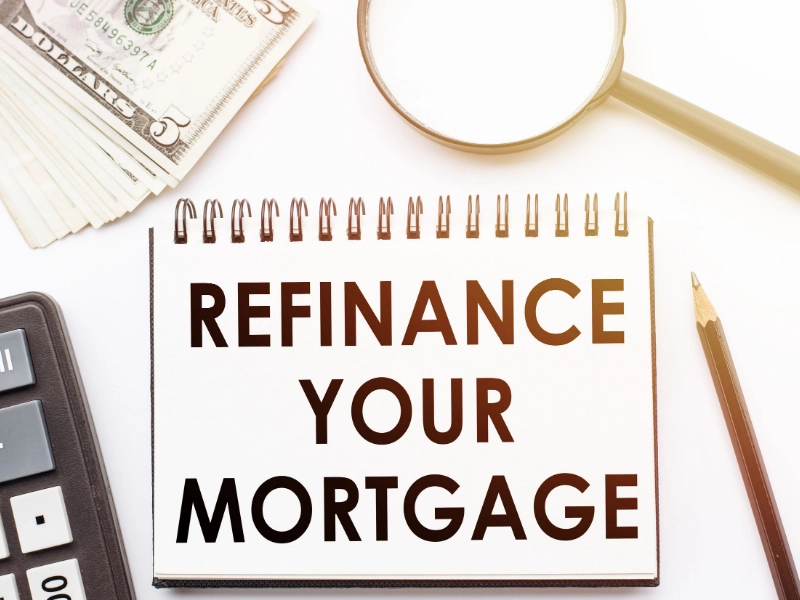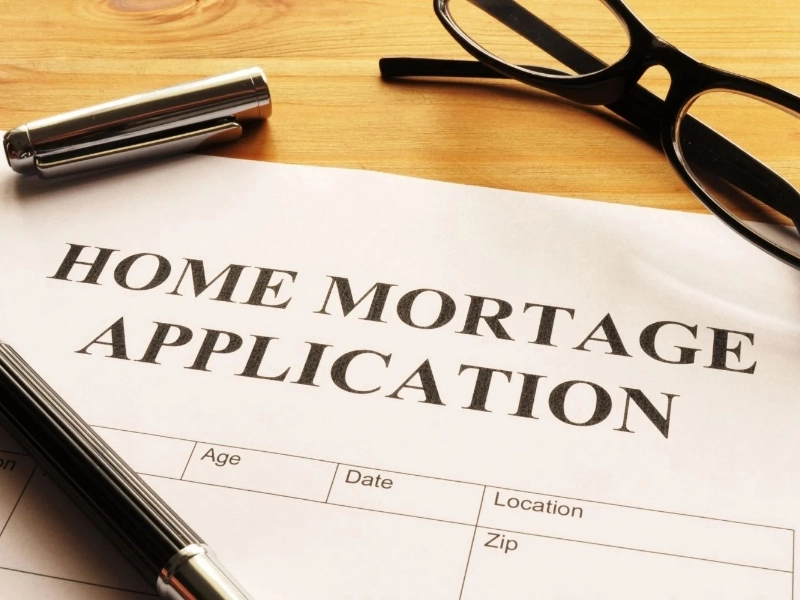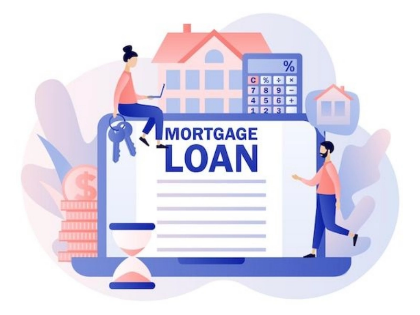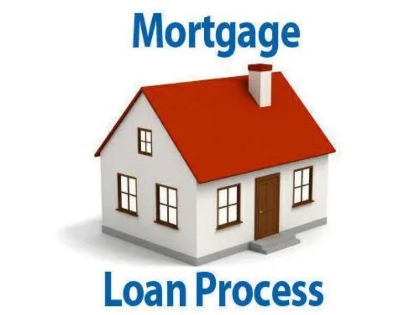Becoming a First-Time Home Buyer: A Step-by-Step Guide
First-time homebuyers have more access to specialty mortgage programs with less stringent credit standards and less help with the down payment. Additional perks, like tax credits or forgiving loans, are often included in programs.
Depending on the loan program, the requirements can differ and may include income restrictions to guarantee accessibility. Examine your financial situation, including your credit score, debt-to-income ratio, and savings, to get the process started.
1. Find a lender.

Although the mortgage application process may seem overwhelming, a reputable lender will guide you through each step and support you as you proceed. They will be able to assist you in determining what you can afford, finding financing, starting your search, putting in an offer, and closing on the house.
Specialized mortgage programs with less stringent credit score requirements and a smaller down payment are frequently available to first-time homebuyers. This can greatly ease the transition from renter to homeowner.
When thinking about a house loan, make sure to compare the rates as well as the costs. This can help you figure out how much house you can buy by taking a close look at your income and savings.
Your lender will also assist you in comprehending the expenses associated with house ownership, like taxes, insurance, and upkeep. The easiest method to figure out your budget and demonstrate to sellers that you are serious about purchasing is to get pre-approved for a mortgage.
2. Obtain prior approval.

Although owning a home requires a significant financial commitment, it can also present a chance to accumulate wealth. For first-time purchasers, some governments, charitable organizations, and lenders provide programs to lower the cost of that first purchase.
To better determine how much you can afford, obtain a mortgage preapproval before you go shopping. By taking this step, you may narrow down your search, save money for a down payment and closing expenses, and prevent yourself from falling in love with a house that is out of your price range.
Remember that when you shop, your needs might change. You might decide against including a three-car garage or swimming pool in your next home. Moreover, avoid falling for mortgages with adjustable rates (ARMs). These loans entice you with cheap interest rates up front, but over the course of the loan, they may end up costing you hundreds of dollars. Locating a fixed-rate mortgage with a low, steady interest rate is your best bet.
3. Locate a house

Among the many advantages of homeownership that renting does not provide is the chance to accumulate equity and foster a sense of community. Before committing, you should carefully weigh the costs associated with it. Determine whether homeownership is a feasible goal for you at this time by evaluating your income and debt-to-income ratio.
Next, begin listing the items you "must have" in your new house (a few wants are acceptable, too). Give your real estate agent access to information so they can locate properties that meet the majority of your requirements.
When looking for a place to call home, never forget that physical flaws are frequently fixable. For instance, if you have enough money in your budget to replace the awful wallpaper in the bathroom, you might be able to change it. But before making a serious investment in a home, you should have it thoroughly inspected. This will assist you in avoiding purchasing a home that will eventually need significant repairs.
4. Make a proposal.

Buying your first house is a significant accomplishment. You will create wealth, bury your origins, and create memories there. Although it is easy to become emotionally invested in real estate, you must exercise caution and ensure that the property you buy will meet your financial objectives. Make sure you can comfortably pay the mortgage loan, other ongoing costs of ownership, and the property's resale value by looking over your budget.
To avoid having to pay PMI, which is usually needed if you put down less than 25%, aim for a 20% down payment. It's crucial to compare mortgage rates and terms with those of other lenders. Working with the first lender a buyer speaks to is a common error.
Being a first-time buyer qualifies you for special lending programs that offer attractive interest rates, low or no down payment alternatives, and closing cost assistance. Anybody who has not owned a primary property for the previous three years is considered a first-time buyer, which facilitates the process of becoming a buyer for renters and displaced homeowners.








